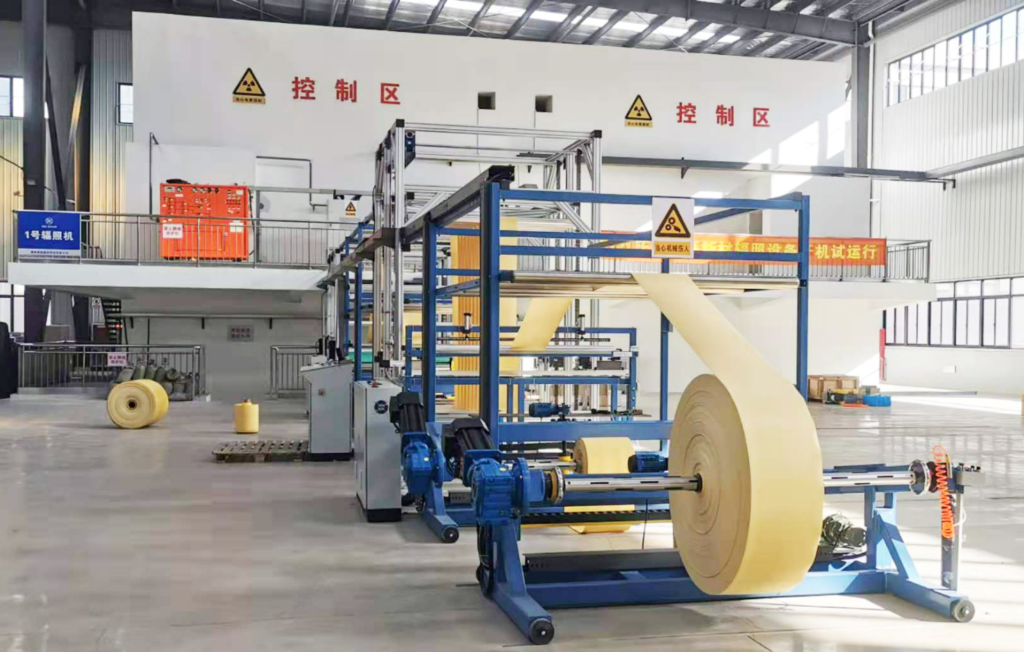Congratulation to all Meishuo staffs and all customers that support Mesihuo’s business!
A good news that Huzhou Meishuo New Material Co., Ltd. has successfully installed the irradiation accelerator in mid of November,2021. And it has been input for mass production with a capacity of 40m/min, which not only can almost 100% meet with our internal needs for IXPE foam and IXPP foam (both types of foam need to be crosslinked by irradiation accelerator), but also solved a serious problem that long-time waiting in lines at outsource irradiation suppliers. It always happens in busy period, and influence Meishuo’s production arrangement to some extent. Besides, this process makes our production cost higher a little bit because of transportation of mater slice between two sites. So, Meishuo invested 3,000,000 RMB to self-install an irradiation line to reduce our production cost and relieve our competition pressure with peers.
Welcome to inquire us more details about Meishuo foam, you can contact us via e-mail: info@meishuocopy.com.

